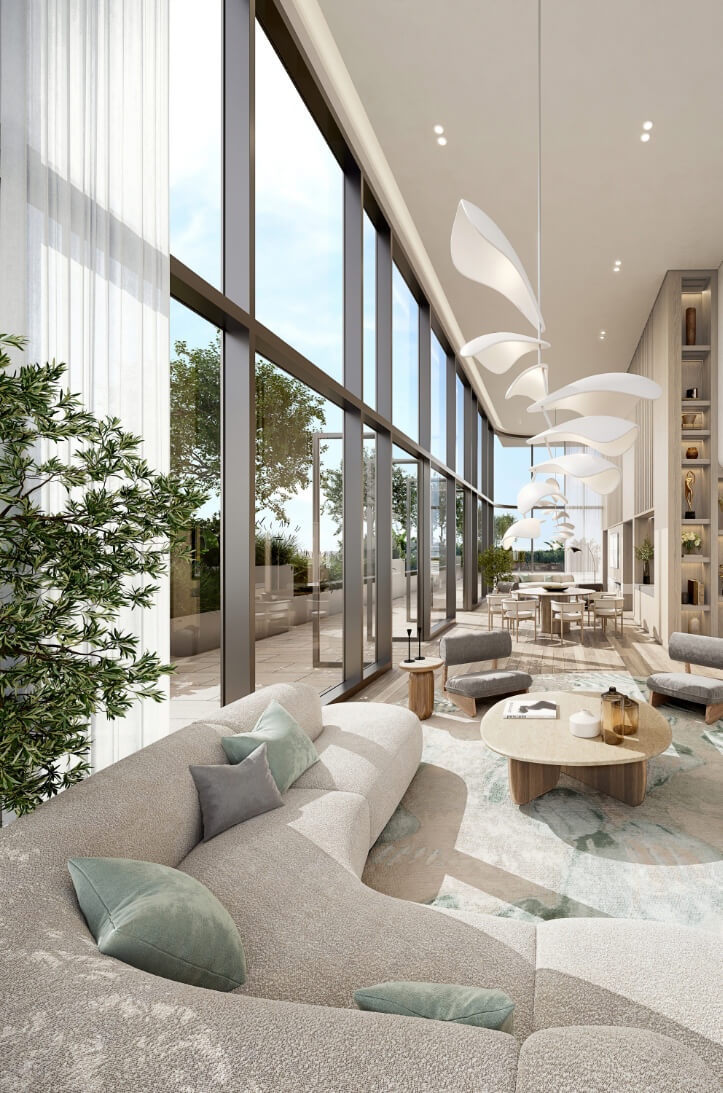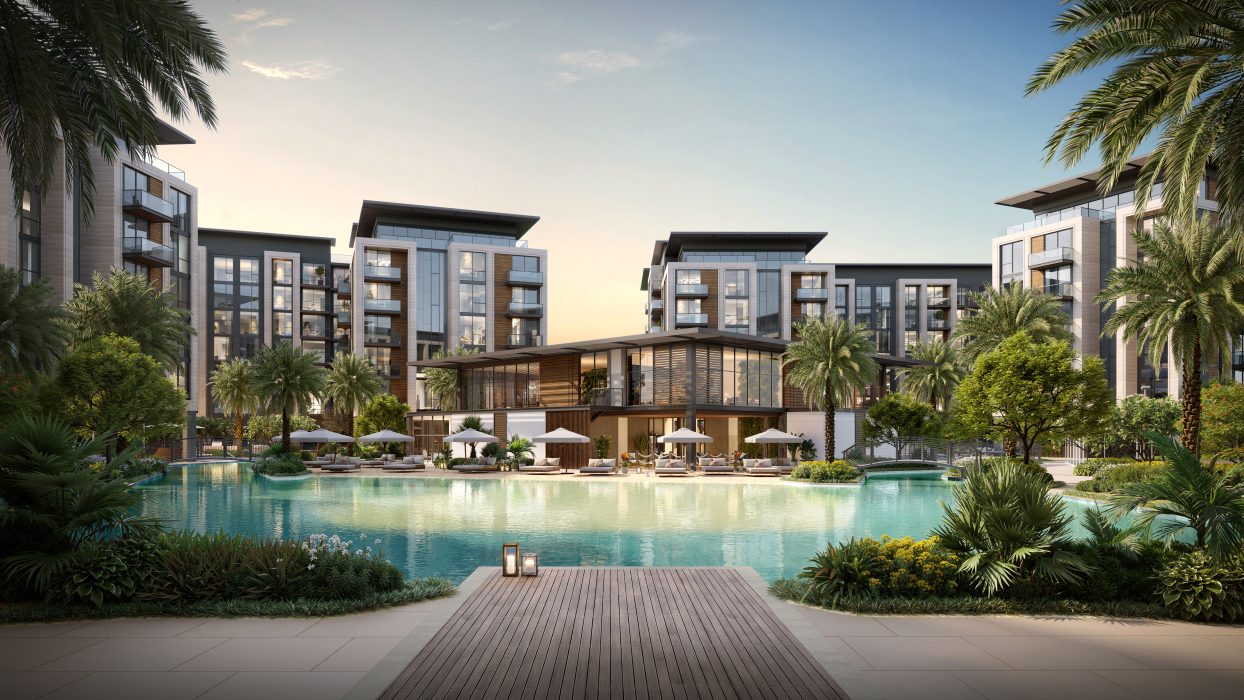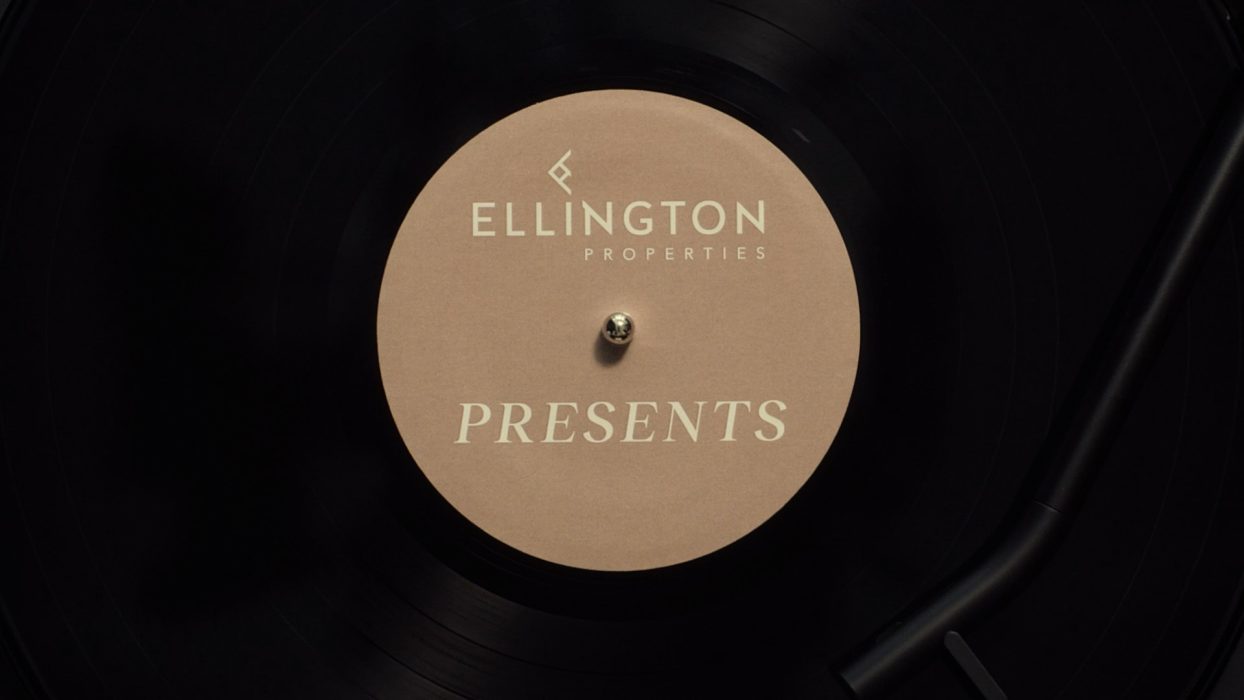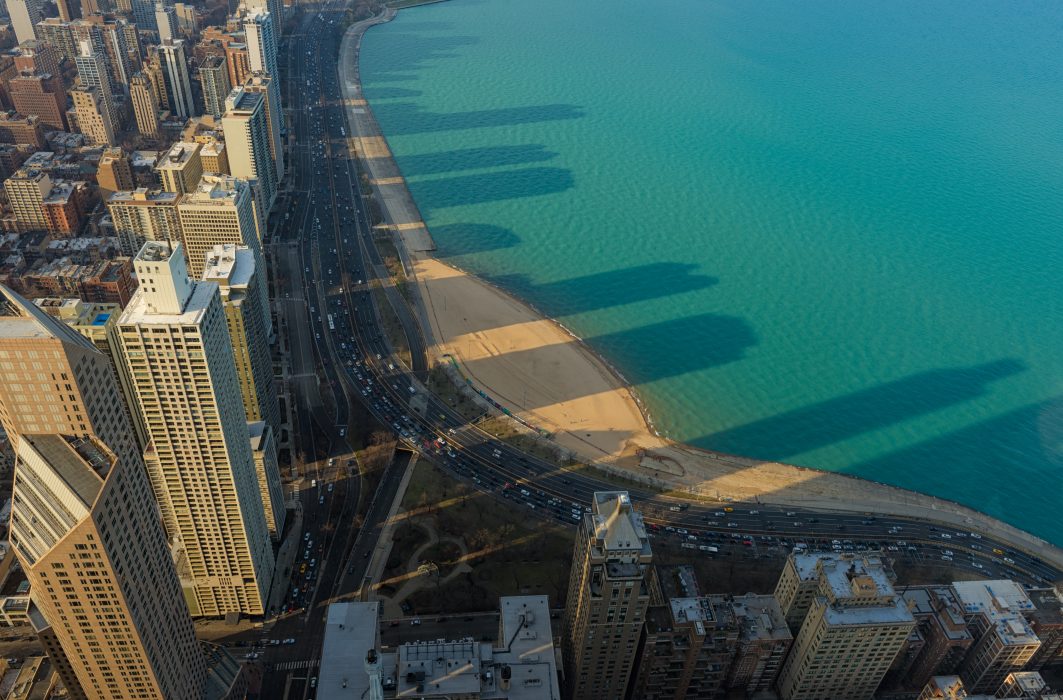The aspiration of property ownership or investment in Dubai remains strong in 2025, yet prospective buyers are increasingly navigating a landscape shaped by evolving global economic factors, most notably the upward trajectory of mortgage costs. As central banks worldwide have adjusted interest rates to manage inflationary pressures, these changes have rippled through to the UAE, influencing borrowing expenses.
In this climate, discerning homebuyers and investors are actively seeking astute alternatives that offer greater financial flexibility without compromising on long term value or quality. Off-plan properties in Dubai have prominently emerged as a compelling solution, presenting strategic opportunities to circumvent some of the immediate financial pressures associated with purchasing completed, ready to move in properties.
Let’s explore precisely why the off plan route has become such a preferred choice in today’s market, highlighting its distinct advantages and how it caters effectively to diverse buyer needs in an era of heightened mortgage awareness.
Understanding Rising Mortgage Costs in Dubai
Mortgage rates in Dubai, much like in other significant global financial centres, are intrinsically linked to prevailing international economic conditions and the monetary policies of major central banks, particularly the US Federal Reserve, as the UAE Dirham is pegged to the US Dollar. In response to persistent global inflationary pressures over recent periods, benchmark interest rates have seen notable increases. Consequently, the Central Bank of the UAE has mirrored these adjustments, leading to a tangible impact on the cost of borrowing for property purchasers across the region.
The implications of these interest rate hikes are significant. For instance, even a seemingly modest one percentage point rise in interest rates can translate into an approximate ten percent increase in monthly mortgage payments for an average homebuyer in Dubai. When considering a long term financial commitment like a mortgage, such increases can substantially affect overall affordability, influence the type or size of property one can consider, and necessitate a more cautious approach to financial planning. It is within this context that many are rethinking traditional routes to property ownership, prioritising options that offer more predictable and manageable financial pathways.
Why Off Plan Properties Offer a Strategic Advantage
Off-plan properties, defined as units sold by developers before construction is fully completed, have long been a feature of Dubai’s dynamic market. However, their popularity has been particularly amplified in the current economic environment due to several inherent benefits that directly address the challenges posed by rising borrowing costs.
The Power of Flexible Payment Plans
A primary attraction of off plan purchases is the availability of structured, flexible payment plans offered directly by developers. Unlike traditional property acquisitions that often require a substantial upfront down payment for a mortgage (typically 20 percent or more for expatriates, plus associated fees) and immediate commencement of mortgage repayments, off plan arrangements allow for a more gradual financial outlay.
Buyers usually secure a property with an initial deposit of a percent of the total property value. Subsequent payments are then typically staggered into manageable instalments, often tied to specific, verifiable construction milestones (e.g., foundation completion, structural completion, facade installation).
Many developers also now offer attractive post handover payment plans, where a significant portion of the property’s price can be paid once the buyer has taken possession. This phased approach provides considerable relief from immediate, large scale financing needs, improves cash flow management, and makes property acquisition more accessible.
Potential for Capital Appreciation During Construction
Purchasing an off plan property at today’s market prices allows buyers the potential to benefit from capital appreciation as the project progresses and as the broader Dubai real estate market continues its growth trajectory. During the construction period, which can span two to four years or more, the market value of the property can increase.
This means that by the time the property is ready for handover, the buyer may already have accrued significant equity. This ‘paper gain’ can be particularly advantageous if the buyer intends to secure a mortgage upon completion, as the loan to value (LTV) ratio might be more favourable, or if they plan to sell the property shortly after handover for a profit.
Opportunities for Personalisation and Value Addition
Off-plan purchases often come with the added benefit of allowing buyers some degree of customisation, particularly concerning interior finishes, colour palettes, or fixture selections from a range offered by the developer. This ability to personalise ensures the property aligns more closely with the buyer’s aesthetic preferences and lifestyle needs from day one, potentially saving on immediate renovation costs that might be incurred with an older, ready property.
Amplifying Off Plan Attractiveness
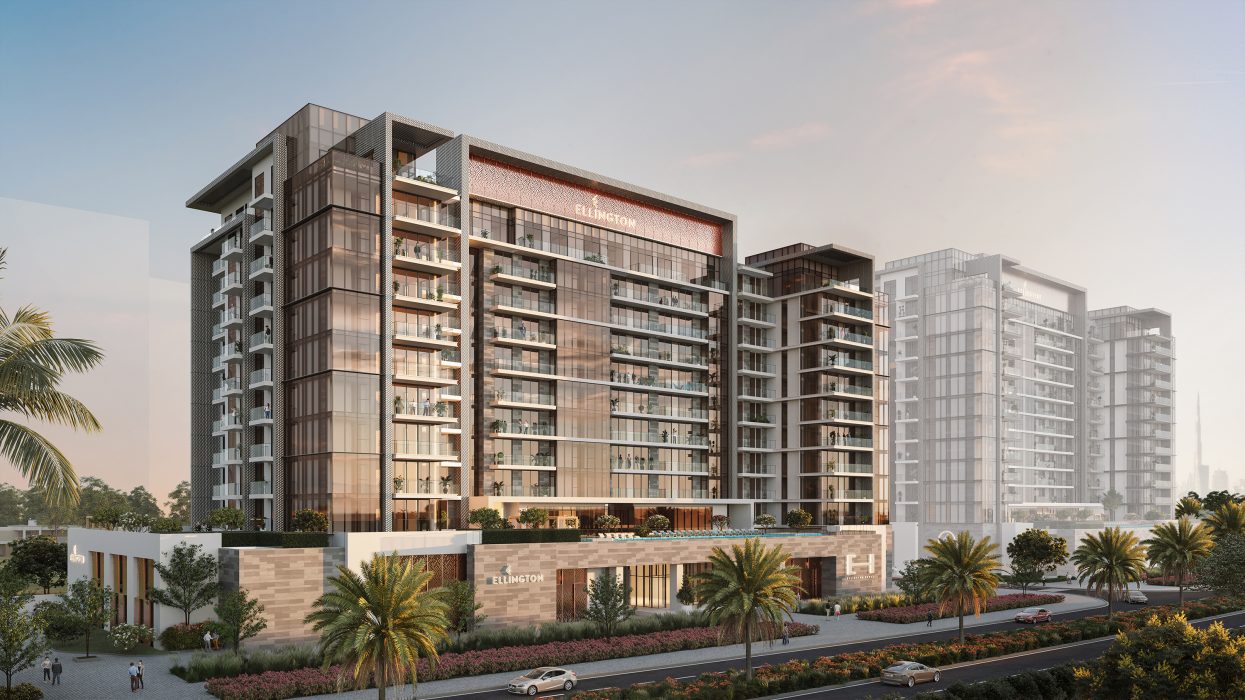
Dubai’s forward thinking policies, world class infrastructure, and status as a global investment hub further enhance the appeal of its off plan property sector, especially when mortgage costs are a concern.
Strategic Growth Corridors and Master Planned Communities
Many off-plan developments are situated in strategically planned, emerging communities or within extensive master plans like Mohammed Bin Rashid City (MBR City), Dubai Hills Estate, or Dubai Islands. These areas are designed with a long term vision, incorporating comprehensive infrastructure, extensive green spaces, lifestyle amenities, and excellent connectivity, all of which contribute to their desirability and future growth potential.
Developer Incentives and Reduced Upfront Burdens
In a competitive market, Dubai developers frequently offer attractive incentives to off plan buyers. A crucial benefit, particularly relevant in light of rising overall property acquisition costs, is the potential for waivers or absorption of certain upfront fees. For instance, it is not uncommon for developers to offer promotions that include covering the 4 percent Dubai Land Department (DLD) property registration fee.
When purchasing directly from a developer, buyers also typically avoid paying the standard 2 percent real estate agency commission. These savings on initial outlay, as highlighted by resources analysing upfront property costs in Dubai, can be substantial, directly mitigating some of the financial pressures felt elsewhere. Other incentives might include reduced service charges for an initial period or attractive post handover payment schedules.
The Golden Visa and Long Term Residency Prospects
Investing in a property in Dubai with a value of AED 2 million or more can qualify the buyer (and their family) for the UAE’s coveted Golden Visa, offering long term residency benefits for up to 10 years. This is a significant draw for international investors and those looking to establish a more permanent base in Dubai. Off plan properties are eligible for this scheme, providing an added layer of security and appeal.
How Off Plan Strategies Provide Relief

One of the most direct ways off plan properties address the challenge of rising mortgage rates is by altering the timing and structure of financial commitments.
Significantly Lower Upfront Costs Compared to Ready Properties
As previously mentioned, the initial deposit for an off plan unit is typically much lower than the down payment required for a mortgage on a ready property. Critically, many of the other substantial upfront costs associated with purchasing a ready property, such as the DLD registration fee, trustee registration fees, potential mortgage processing and valuation fees, and agency commissions, are often either deferred until handover when buying off plan, or in some cases, covered by the developer as part of an incentive package. This dramatically reduces the immediate cash required to enter the property market.
Deferred Mortgage and Interest Payment Obligations
With an off plan purchase, buyers are generally not required to secure a mortgage or begin making interest payments until the property is close to completion or at the point of handover. This period, often spanning several years, provides significant financial breathing space. During this time, buyers can continue to save, their financial circumstances may improve, or they can simply avoid the burden of immediate mortgage interest payments in a high rate environment.
Prospect of Securing More Favourable Financing Terms at Handover
By deferring the need for a mortgage, buyers purchasing off plan today may find themselves in a more favourable interest rate environment by the time their property is ready in two or three years. While not guaranteed, there is always the possibility that interest rates could stabilise or even decrease from current highs, allowing them to secure mortgage terms that are more advantageous than those available today.
Off Plan as an Inflation Hedge
Real estate has traditionally been viewed as a reliable hedge against inflation. By securing an off-plan property at today’s prices, buyers effectively lock in the cost, protecting their investment from potential future increases in construction materials, labour costs, and overall property market inflation. The structured payment plans, spread over several years, also make managing cash flow easier during periods of broader economic uncertainty.
Partnering with Reputable Developers
While the benefits of off-plan are compelling, the importance of choosing a reputable and trustworthy developer cannot be overstated, especially when navigating a market with higher borrowing costs. Due diligence is crucial. Buyers should thoroughly research a developer’s track record, the quality of their previously completed projects, their adherence to delivery timelines, and their financial stability.
Transparency regarding payment terms, construction progress, and potential risks is essential. Reading customer reviews and ensuring the project is registered with RERA and has a secure escrow account in place are vital steps.
Off Plan in Dubai’s Dynamic 2025 Market
Dubai’s real estate market continues its forward momentum, with off plan properties playing an integral role in its growth and appeal. Continued government support for the sector, coupled with ambitious ongoing infrastructure projects and innovative master planned communities (including developments linked to the legacy of Expo 2020, now Expo City Dubai), will likely sustain robust demand for well conceived off plan units. In the current financial climate, the inherent flexibility and cost management benefits of this purchasing route are particularly pertinent.
Navigating the Market with Confidence
At Ellington Properties, we specialise in creating design led, high quality homes that resonate with contemporary lifestyles and offer enduring value. Our off plan projects are meticulously planned, from prime location selection to the finest details of interior finishing. We understand the considerations of today’s discerning buyers, particularly in light of evolving mortgage landscapes.
That is why we often structure our projects with buyer centric payment plans and remain committed to transparency and timely delivery, ensuring our clients can invest with confidence. Our focus on quality construction and distinctive design means our properties are not just smart financial choices but also exceptional places to call home.
A Sound Strategy for Today’s Market
In a period where rising mortgage costs are a significant consideration for property buyers globally, Dubai’s off plan market offers a particularly intelligent and viable alternative. The combination of significantly lower upfront costs (often with developer incentives covering major fees like DLD registration), flexible payment plans spread over the construction period, the deferral of mortgage obligations, and the potential for capital appreciation makes purchasing off plan a financially prudent strategy. It allows buyers to enter a world class property market, secure a high quality asset, and manage their financial commitments in a way that is more aligned with the current economic realities, paving a smoother path to property ownership or investment in 2025.
